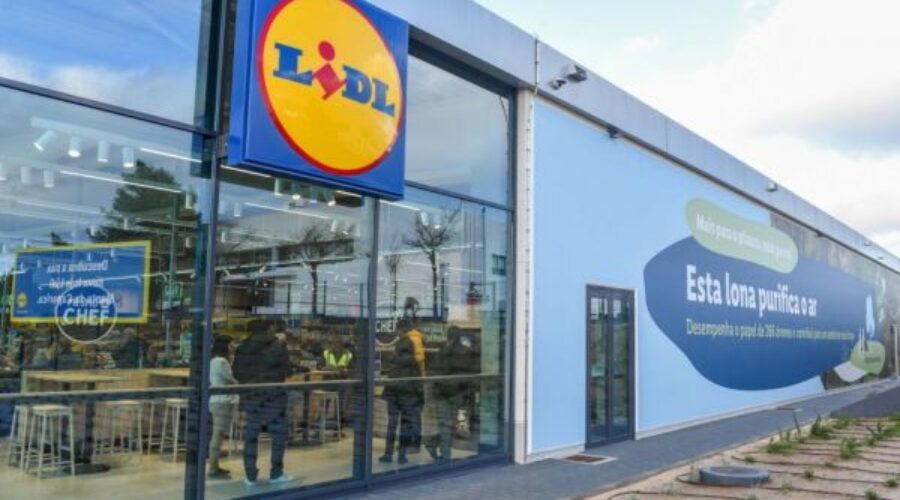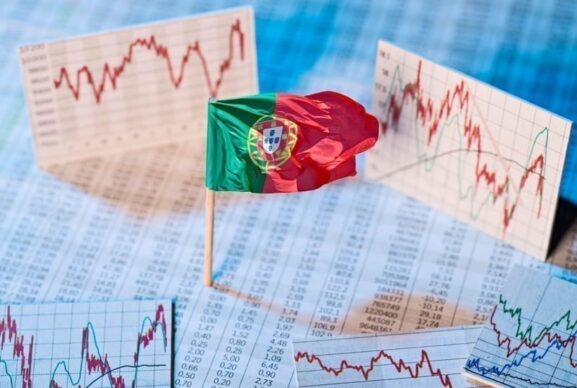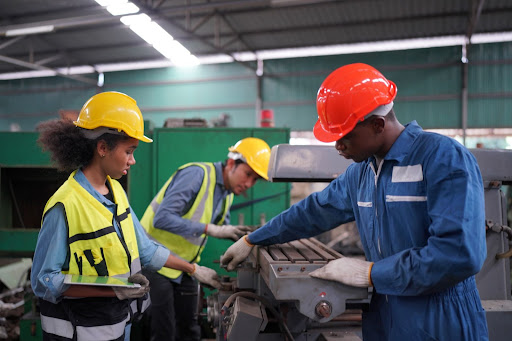Lidl Accounted For 2% Of Food Exports
Lidl Portugal accounted for 2% of the country’s total food product exports to the EU in 2023, a new study has revealed.
Exports via Lidl contributed around €289 million to the Portuguese economy, representing an increase of 18% compared to 2022, according to a report by the consultancy firm Forvis Mazars.
The findings take into account the share of direct, indirect and induced impact in sectors associated with the production of these products.
It includes agriculture, animal and hunting products and related services (44%); food products (31%); beverages (18%); and fishing and aquaculture products (7%).
Top contributors to the export value were fruit and vegetables (€57.5 million), wine and liqueurs (€24.3 million), fish and tinned fish (€13.1 million), basic food items such as pasta and rice (€12.2 million) and tinned vegetables (€11.4 million).
During the year, several categories saw their export volumes double, including fresh and dried dairy products (up 227%); coffee, tea, cocoa, and instant beverages (up 227%); and basic foods (up 50%).
The Portuguese economy generated approximately €1.85 for every euro worth of products exported by Lidl, data showed.
Bruno Pereira, chief commercial officer of Lidl Portugal, stated, “The data from this study illustrates our ever-increasing impact on the Portuguese economy, both in terms of generating wealth for the country and creating jobs.”
“In this way, we open the doors of our network of shops across Europe to suppliers who might otherwise find it more difficult to internationalise.”
The study found that 80% of suppliers exporting through Lidl were SMEs, and that 82% of the turnover of exports through the discounter came from SMEs.
Exports facilitated by Lidl created approximately 6,520 jobs in Portugal in 2023, marking an increase of 32% compared with 2022.
Pedro Silva, head of consulting at Forvis Mazars, added, “The results leave no doubt as to the importance of this partnership between Portuguese companies and Lidl Portugal in boosting the Portuguese economy, which enables not only the generation of wealth but also the creation of job opportunities and the empowerment of Portuguese companies in terms of legislation and regulation, innovation, sustainability and quality.”


